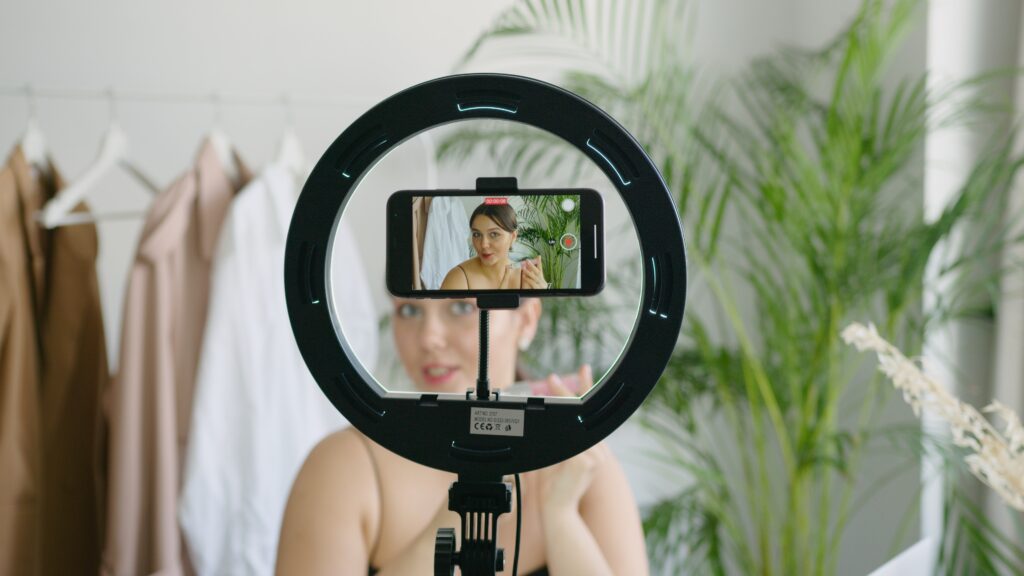TikTok: What is a Deinfluencer?
As a result of the rise of social media, influencer marketing has become the prime means for brands to target and sell products to their desired key demographics. Through sponsored posts, brand partnerships, and event activations, businesses have utilized relevant influencers to generate awareness for their advertised products and services on platforms such as YouTube, Instagram, Snapchat, and now most prominently on TikTok. This app uses an algorithm spawned from big data in order to generate personalized content tailored to the user.
Recently, however, self-proclaimed “deinfluencers” have emerged on the platform.
Deinfluencers Trending on TikTok
To brands, the purpose of Influencers is to encourage their followers to invest in businesses or products. For instance, highly sought-after beauty TikToker Alix Earle partnered with thredUP to promote the brand’s online thrift store service by offering her followers a 45% discount on the site with her access code. Conversely, content creators identifying as deinfluencers are utilizing their platforms to advise their followers on which products promoted by other influencers are not worth the investment. As of late January, the hashtag #deinfluencer had 13 million views. TikTok users were drawn to deinfluencers revealing the truth about brands and sharing their own personal experiences with products instead of reciting a prepaid script or hopping on the bandwagon with others on the app.
Popular Deinfluencers
Chicago TikToker Valeria Fridegotto encouraged others on the app not to waste their money on certain expensive “overhyped” products, especially during the current economic climate. In her video with over 1.3 million views, she dissuaded her followers from purchasing items such as the Dior Backstage Rosy Glow Blush, Olaplex shampoo and conditioner, and Charlotte Tilbury Beauty Light Wand. In another video with 1.1 million views, she harshly criticized Kosas Brightening Concealer and Vegan Collagen Spray-On Serum as well as Haus Labs Hybrid Lip Oil. Fridegotto felt that she needed to share her honest reviews on the subpar quality of these trending items with her followers. Regarding her TikToks, she noted that “deinfluencing offers honesty and transparency about viral products that have been promoted by influencers, who are usually paid [or incentivized] to advertise the items.”
Social media creators Alyssa Kromelis and Hudi Charin also followed Fridegotto’s path with videos urging followers not to purchase specific beauty, clothing, and health products. Moreover, in her video with over 5.4 million views, she recommended “dupes” – cheaper alternatives – for pricey items. For example, Kromelis suggested investing in the Wet n Wild MegaGlo Makeup Stick instead of Charlotte Tilbury’s Beauty Light Wand. Charin, an advocate for sustainable fashion, urged people to purchase from more eco-friendly apparel brands. She proposed buying from ethical businesses such as The Girlfriend Collective and Gaia Garments instead of Kim Kardashian’s Skims, a brand known for unfair worker treatment.
The Internet’s Shift to Transparency
As the reach of social media continues to grow, users have gravitated more toward honesty and authenticity. The rise of deinfluencing reflects these ideals and counters brand and money-oriented “influencer culture.” As for the future, people will continue to look to deinfluencers as a source of candid advice on what products and businesses they should choose to support.










